
Recommendation
In this brief, captivating article for Susan Cain, cognitive psychologist Scott Barry Kaufman outlines research showing the ancient teachers might have got it right: Transcending the self can bring inner peace and contentment – as well as a host of other benefits. Citing recent work in social psychology, Kaufman offers an intriguing insight into the culture of self-enhancement, arguing for a balance between self-esteem and the old-fashioned virtue of humility.
Summary
About the Author
Cognitive scientist Scott Barry Kaufman is scientific director of the Imagination Institute in the Positive Psychology Center at the University of Pennsylvania. He researches the mind, creativity and human potential. His books include Transcend: The New Science of Self-Actualization and Ungifted: Intelligence Redefined.










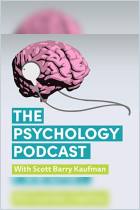
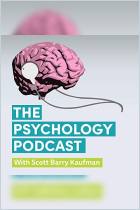
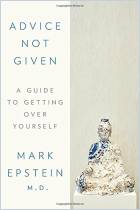
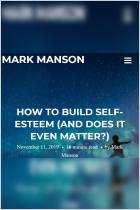
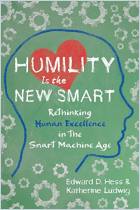

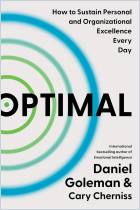
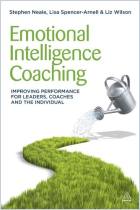




Comment on this summary or 开始讨论